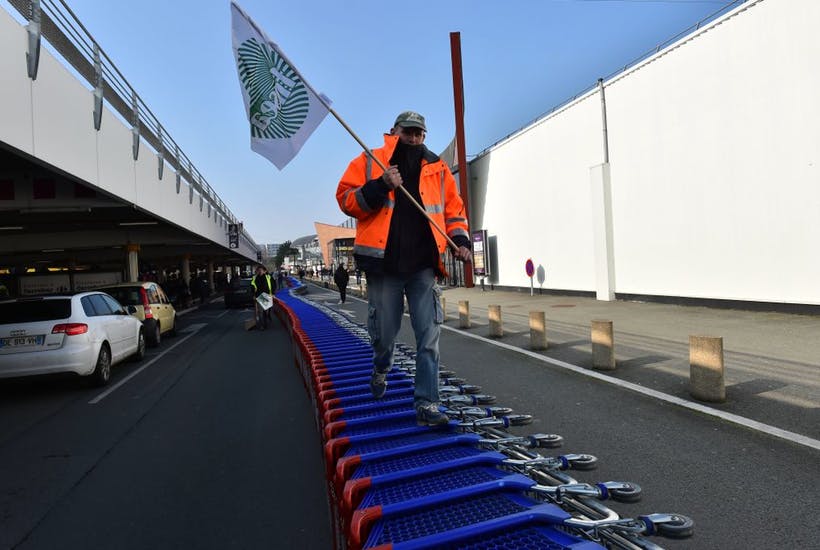So once again we learn just how committed the EU is to free trade. A trade deal with the South American bloc Mercosur – comprising Brazil, Argentina, Uruguay and Paraguay – has been under negotiation for 20 years. The icing appeared to be on the cake, the ribbon about to be cut – but at the end of last week it was skewered by Austria’s Parliament voting against it.
Without the agreement of all 28 EU member states the deal cannot go ahead. It is reminiscent of what happened to Ceta, the EU’s trade deal with Canada which was about to clear its last hurdle when, in 2016, the regional parliament of Walloonia in Belgium threw a spanner in the works. Ceta did eventually go through after Walloonia withdrew its objections, but the same cannot be guaranteed with Austria’s objection to the Mercosur agreement. France and Ireland, too, have suggested that they might block it – in a protest at fires in the Amazon.
You can forget the Amazon fires. This year has been a bad year for fires in the Amazonian basin, but far from the worst year. What is really bugging European governments about Mercosur is the prospect of competition for EU farmers. That has been the basis for Austria’s objections – farmers do not welcome the prospect of South American food been allowed onto European markets with lower or zero tariffs. Fires are just an excuse.
The experience of Mercosur is a sharp reminder of what happens when you try to negotiate trade deals as part of a vast trading bloc like the EU. We have often heard the argument put forward by Remainers that Britain would have less clout in trade talks if we do them on our own. Maybe, but then neither would we be at the mercy of every other EU country agreeing to what we want. We could act much more swiftly and concentrate on the economic sectors which really matter to us. There is, after all, not a lot of benefit to Britain in opening up exports in olives and tomatoes – countries working on bilateral trade can focus their efforts of areas which matter to them most.
As it happens, the world’s most successful country at negotiating trade agreements is also in South America. But it isn’t a member of Mercosur. It is Chile, whose 26 FTAs cover countries accounting for 86 percent of global GDP including the US, Canada, the EU, China, Japan – as well as a partial deal with India. Chile is a model of how a country should go about free trade – and it has succeeded because, not in spite of the fact, it has been acting alone. The failure of the EU-Mercosur agreement shows exactly why we should be emulating Chile rather than throwing in out lot with the EU.
This article was originally published onThe Spectator’s UK website.



















